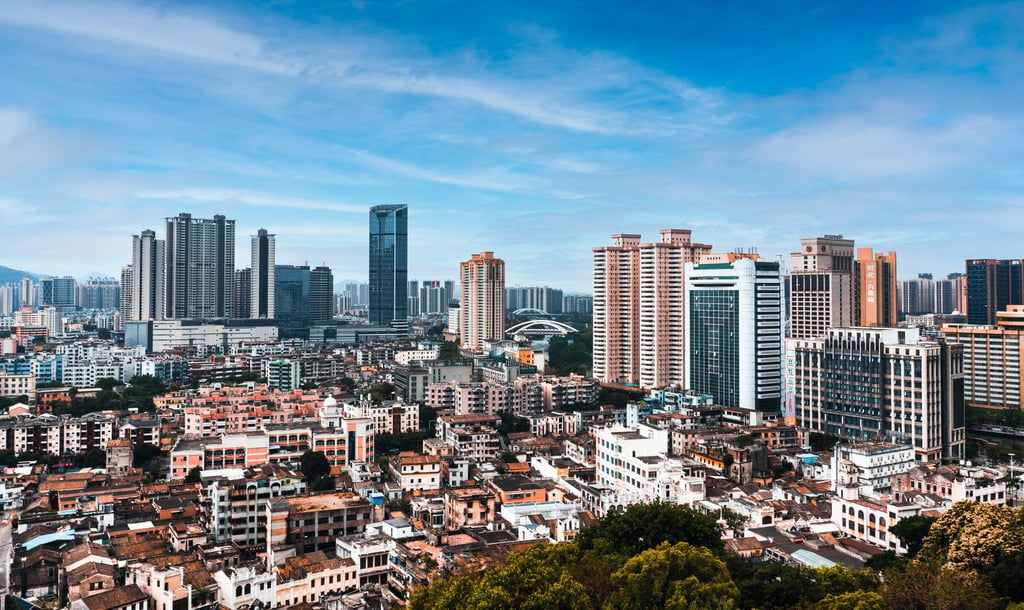Greater Bay Area real estate sector cannot ignore climate change threats, must act to head off disaster, report warns
- Damage claims, loan defaults and lower real estate values are certain unless the sector coordinates on mitigation, says a report by ULI and HSBC
- The region is one of the world’s most vulnerable to extreme weather events, but short-sighted goals leave stakeholders unprepared

Climate change threatens to wreak havoc on the real estate sector in the Greater Bay Area (GBA) unless coordinated industry action is taken to mitigate risks, according to a new report.
Industry stakeholders in the GBA should create a “Climate Resilience Coalition” to build a coordinated approach to climate change-related risks and mitigation, suggested the report, written by the Urban Land Institute (ULI) – an international non-profit education organisation – in partnership with HSBC.
“The Greater Bay Area is one of the most vulnerable urban regions to climate change,” David Faulkner, president of ULI Asia-Pacific, said in a statement. “It is pressing for the real estate industry to act now. Together, we need concrete steps to mitigate climate risks, prioritise sustainable buildings, and protect the value of assets in the GBA.”
The Greater Bay Area, which comprises Hong Kong, Macau, and nine other cities in southern China’s Guangdong province, is home to around 86 million people and has a combined economic output of 12.6 trillion yuan (US$1.97 trillion).
